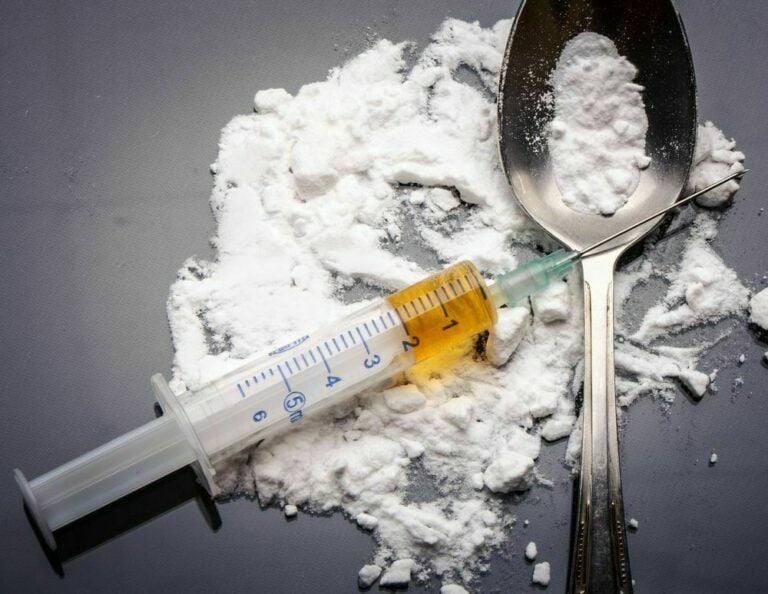Danish heroin smuggler dies in Klong Prem Prison

Danish national Niels Jørgen Jensen has died in Bangkok’s maximum security Klong Prem Central Prison in Chatuchak District. The news was confirmed by the Danish Ministry of Foreign Affairs in an email to Danish media, Ekstra Bladet.
Jensen is the real name of the prisoner known in the Klong Prem as Peter Effersøe, a convicted heroin smuggler. According to the ministry, Jensen’s health had been deteriorating for several months and he was hospitalised at the time of his death. Nothing points to any suspicious circumstances surrounding the Dane’s death.
Jensen was arrested at Phuket Airport in December 2015 while on his way to Copenhagen carrying 1.6 kilos of heroin worth approximately 3 million baht (US$80,000) concealed in a waist support belt. If you’re found guilty of possession of 20 grams of a Class A drug exiting Thailand you risk the death penalty.
On his arrest, Jensen admitted to police that he carried heroin out of Thailand three times, and received about 100,000 baht (US$2,500) for each trip. The drugs were taken to an undisclosed destination in Belgium.

There are so many foreign nationals at Klong Prem, that the prison is able to hold a football World Cup. with teams representing Nigeria, Japan, the US, Italy, France, England, Germany, and Thailand.
During a period when the supply of drugs in Southeast Asia has reached record levels, especially synthetic drugs produced in Myanmar and distributed through neighbouring countries, Thailand amended its drug laws to reduce the number of people in prison.
The country is an important transit point for drugs destined for countries in Southeast Asia, East Asia, and Oceania. The country shares porous, remote, and poorly controlled borders with major drug producers. Successive Thai governments have maintained the objective of making Thailand “drug-free” and focused resources primarily on law enforcement and compulsory treatment—often with negative implications for human rights—at the expense of harm reduction and more effective treatment policies.
Despite recent changes in attitude in the country to cultivation and sales of marijuana. In terms of harder drugs, it is unlikely that Thailand will propose, or even support, liberal reform to United Nations drug control treaties. Thailand is more likely to support the status quo, and potentially even stricter supply side interventions.
SOURCE scandasia.com
Latest Thailand News
Follow The Thaiger on Google News:


























